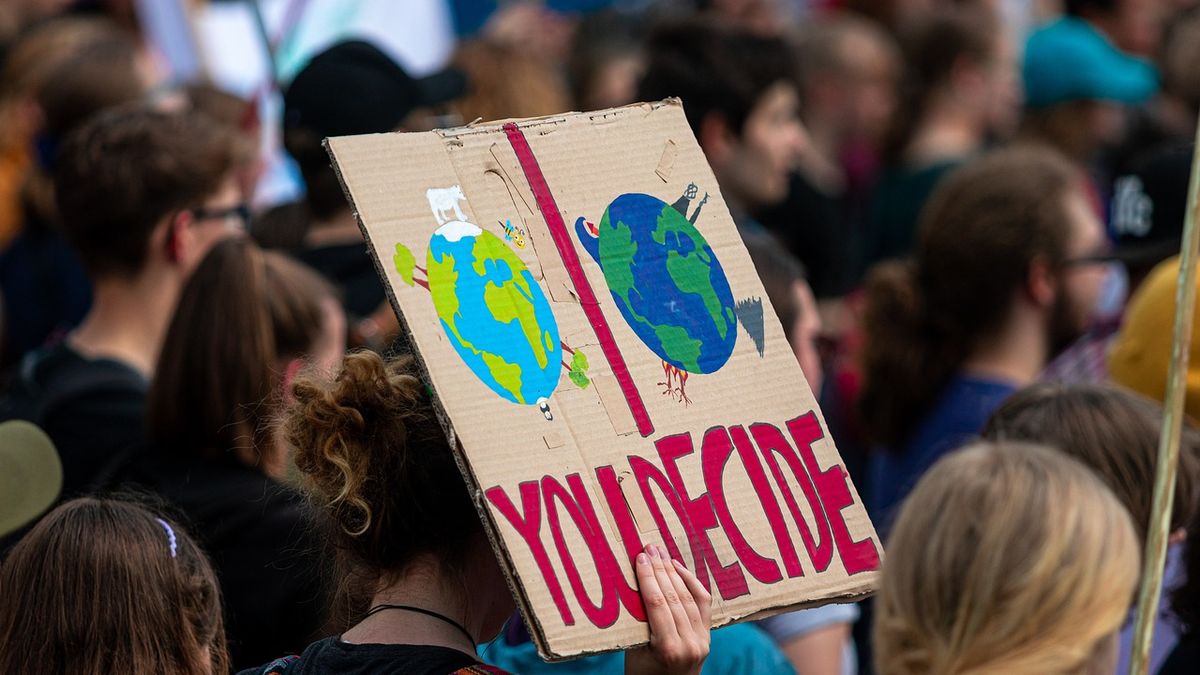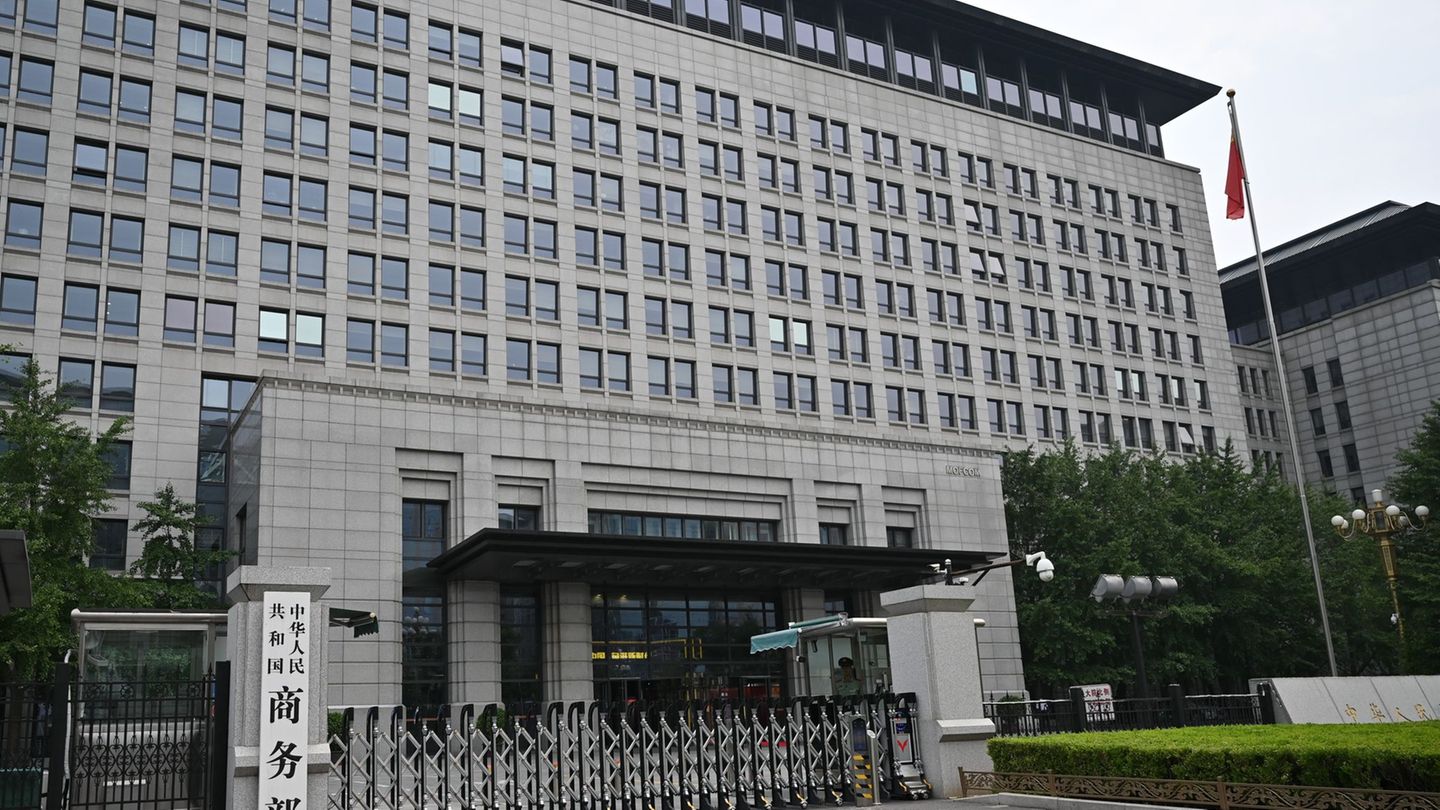The effects of climate change have an undeniable impact on global economies, especially in vulnerable countries, and Latin America is no exception. With this, and based on the forecasts of the report of the Economic Commission for Latin America and the Caribbean (ECLAC) Regarding the decline in employment and economic development, the organization proposed a series of solutions to be taken into account in the face of an unpromising future.
Last week, ECLAC published the Economic Survey of Latin America and the Caribbean, an annual document produced by its Economic Development Division. The publication analyses the region’s economic performance and future forecasts, including the consequences of climate change on the employment and the Gross Domestic Product (GDP) of the countries.
The results of the report were not at all promising if one takes into account a scenario where the effects of climate change intensify and the public policies that are applied are not sufficient. In this sense, the document states that by 2050, in the worst scenario, the loss GDP in Latin America would be 12.6%, while in the employment sector a total of 42.8 million jobs would be lost.
Increase in investment
According to the organization, it is necessary to implement public policies of adaptation and mitigation on the effects that arise from the climate change in the region and, therefore, in their economies. They therefore stress that it is essential to aim for the stimulation of growth and social protection.
One of the main proposals by the Cepal constitutes the increase in the investment (both public and private) for “a path of high, sustainable and inclusive growth.” A condition that, according to the organization, is necessary to promote the productive transformation countries and make it more environmentally friendly and capable of generating more decent jobs.
Meanwhile, for public investment they propose to expand policies, making it essential to increase “the space of the fiscal policy“with the aim of promoting the formation of public capital. To this end, progress should also be made towards progressive tax structures that allow for greater tax collection.
As for private investment, according to ECLAC, it is necessary to “have a larger space for the monetary policy can stimulate credit growth in the region.” To do so, they argue that it is necessary to expand a set of tools that allow for greater macroeconomic stability.
For the organization’s estimates, the investment rate It would have to be 5% annually to compensate for the loss of output in the countries, a goal that is not at all easy considering that this rate is one of the lowest in the world and has not changed since 1990.
Employment development
Other topics to promote are employment through stimulation of creation of quality jobswith better job opportunities and where the insertion or re-insertion of workers into the current labor market is facilitated. To do this, it would be necessary, on the one hand, to promote programs to improve the skills and competencies of workers in the midst of such a changing labor market.
On the other hand, they insist on the creation of incentives to hire new workers, especially from vulnerable groups such as women, youth, immigrants, indigenous communities and Afro-descendants and older people. Meanwhile, they also highlight some sectors that will become key factors in the near future, such as: energy transitionelectromobility, the circular economy, the sustainable agriculture, genetic resources, bioindustrialization, sustainable water management and sustainable tourism.
Source: Ambito




